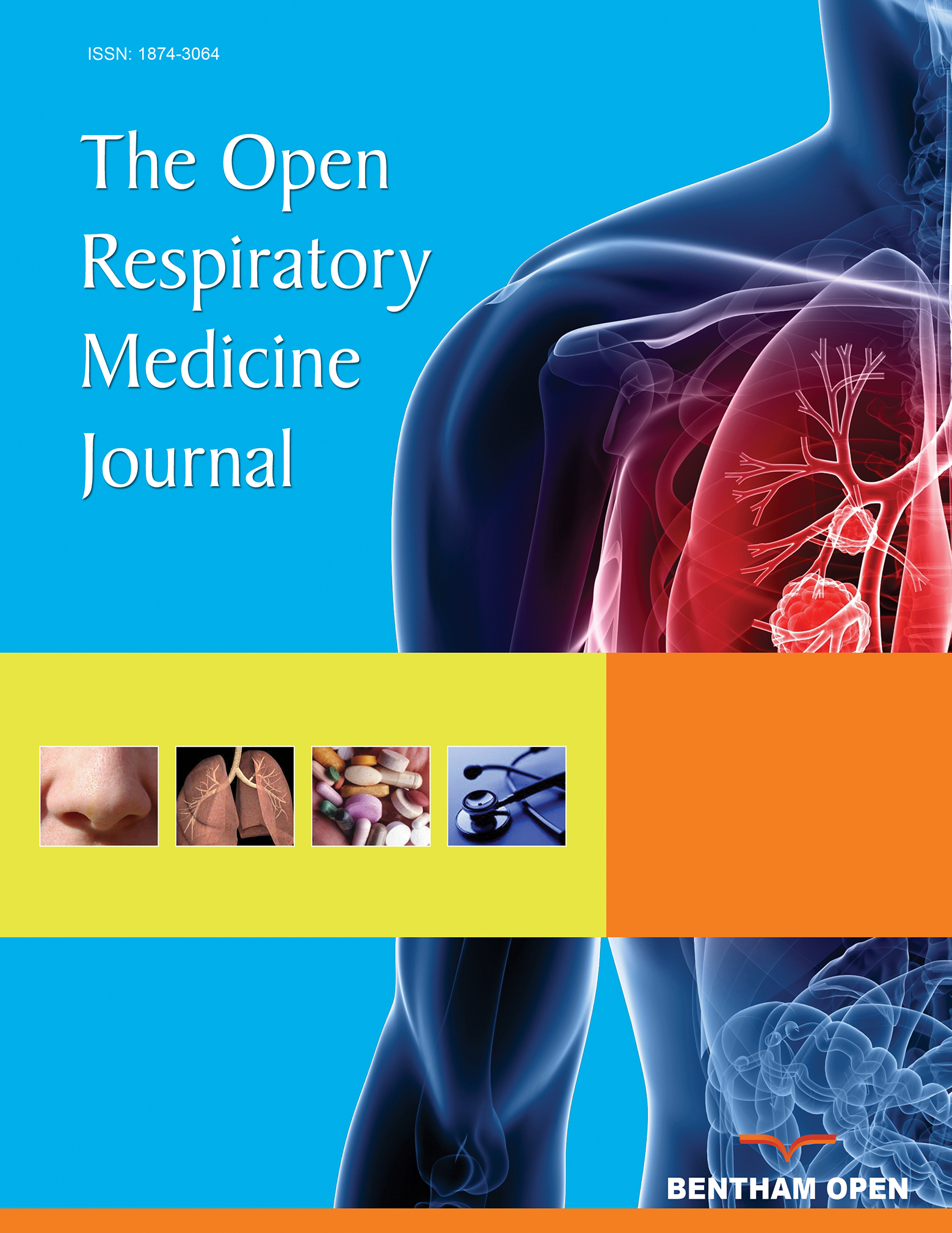All published articles of this journal are available on ScienceDirect.
Measurement of the Validity and Reliability of the Persian Translation of the Saint George Respiratory Questionnaire for Patients with Chronic Obstructive Pulmonary Disease
Abstract
Background:
One of the important tools in measuring the quality of life in patients having a chronic disease is using questionnaires in which the impact of disease and its different types of treatments on daily tasks and social activities are evaluated.
Materials and Methods:
At first, the questionnaire was translated into Persian and some of the concepts were changed by the researchers. Next, it was back translated by a person living in an English-speaking area who was unaware of the subject. At the fourth stage, the concepts were revised by a group of 15 patients and then 55 patients filled out the questionnaire. Finally, it’s internal consistency was evaluated by calculating the Cronbach’s alpha coefficient.
Results:
After translation of the questionnaire, the researchers modified 17% of the sentences and phrases according to the Iranian culture. Questions which were controversial and those for which appropriate proposals were made by the COPD patients were ultimately modified and were responded to by an additional group of 55 patients. Statistical analysis and internal consistency of the questions in the different sections were obtained. For the first section (“complaints”) and following the deletion of the last question (which was in regards to wheezing), the Cronbach’s alpha was equal to 0.74. In the second section, where the patients’ physical activities and the impact of disease on them were evaluated, the Cronbach’s alpha coefficient was equal to 0.93. The last question of this section concerning the impact of activity on the rate of respiratory difficulty was deleted due to heterogeneous choices and unresponsiveness of 5 patients (15%). As a result, the Cronbach’s alpha coefficient rose to 0.95 on this section and the Cronbach’s alpha coefficient for the entire questionnaire was calculated at 0.93.
Conclusion:
In addition to conformity with the concepts of the English version, the translated Persian version of this questionnaire approximately matches the Iranian culture and can be used for the evaluation of the quality of life in chronic respiratory patients.


